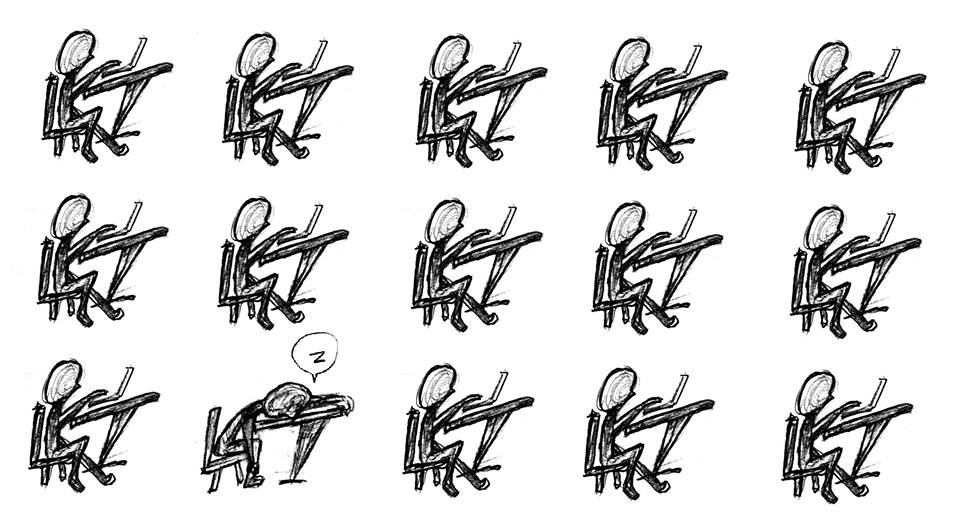Picture this: It’s March 10, 2019. You wake up in the morning and wonder why you feel like you’ve barely gotten any rest. And, then you remember: Daylight savings time (DST) ended. Presumably, losing an hour of sleep on the last day of reading week was not the best way for students to dive back into school. It is with good reason that the debate over DST has recently been gaining increased traction, with several politicians and constituencies petitioning for the time changes to stop. While the pros and cons of DST are still hotly debated, many citizens and politicians agree that it is far past time to put an end to the annoyance of biannual DST time changes.
DST was instituted in Germany in 1915 to conserve energy and make better use of sunlight during summertime evenings. Previously, some daylight hours would be ‘wasted’ during hours when most people would be asleep. DST aimed to maximize sunlight hours, thus minimizing energy usage to power people’s homes. For example, during WWI, countries throughout Europe used DST to save coal for war machinery instead of using it to power lightbulbs. Throughout the 20th century, the U.S., Canada, and most of Europe slowly began to write DST into law. While DST had several opponents from its very conception, such as scientists who feared machinery malfunctions, politicians still considered it worthwhile enough to save energy in a world fuelled by coal.
Now, almost a century later, the very nation that started the DST craze, Germany, is working toward ending it by 2021. In one European Union (EU) poll, 84 per cent of Germans voted to end the biannual clock changes. The opposition to DST has spread across the Atlantic to the U.S. and Canada, where some legislators are proposing to do the same. California, Oregon, and Washington have passed bills calling for the permanent institution of DST time, which would extend daylight hours into the evening year-round. Arizona, however, is an example where most parts of the state ignore DST, in favour of remaining on standard time year-round. In Canada, several provinces and regions have already stopped adhering to this irritating custom: Saskatchewan stopped biannual time adjustments in 1966, and parts of northern British Columbia followed suit.
Proponents of DST have some compelling arguments in favour of the custom. During the winter months, the adjustment extends sunlight in the morning, which is especially important for regions in the far north where sunrises occur relatively late during the winter. However, the science behind the original claim that DST saves energy is inconclusive: One study by the U.S. Bureau of Economic Research found that, while DST did keep people from turning on their lights until later, it also resulted in an increased use of air conditioning, effectively cancelling out any energy savings.
On an individual human basis, studies also show that the time change, especially in the spring, when we lose an hour of sleep, has a negative effect on our health and safety. The time change in the spring can affect people’s circadian rhythms and cause sleep deprivation, which can be deeply disruptive to students’ ability to focus. According to Cary Brown, a University of Alberta sleep specialist, this can also have a negative effect on those with chronic conditions such as depression, anxiety, and cardiovascular problems. Changing the clock can also be dangerous for pedestrians, a category that includes most students in downtown Montreal. U.S. researchers found that, on the day after the clock falls back an hour, there was a consistent 10 per cent increase in fatal car accidents due to the disruption in circadian rhythms.
Much like any university, a significant portion of students at McGill suffers from mental health issues and sleep deprivation, which can be exacerbated by DST. For the health, safety, and convenience of their residents, Quebec, and the rest of Canada, should follow in the footsteps of other countries, cities, and states and end disruptive and unnecessary biannual time changes.










I agree wholeheartedly. Let’s give this suggestion sharper teeth that something gets done instead of perpetually using it as a talking point!!
Stop daylight saving time it makes more sense to be on stander time no back and fourth twice a year
DST starts in spring not ends.
It’s standard Time you’re thinking of.